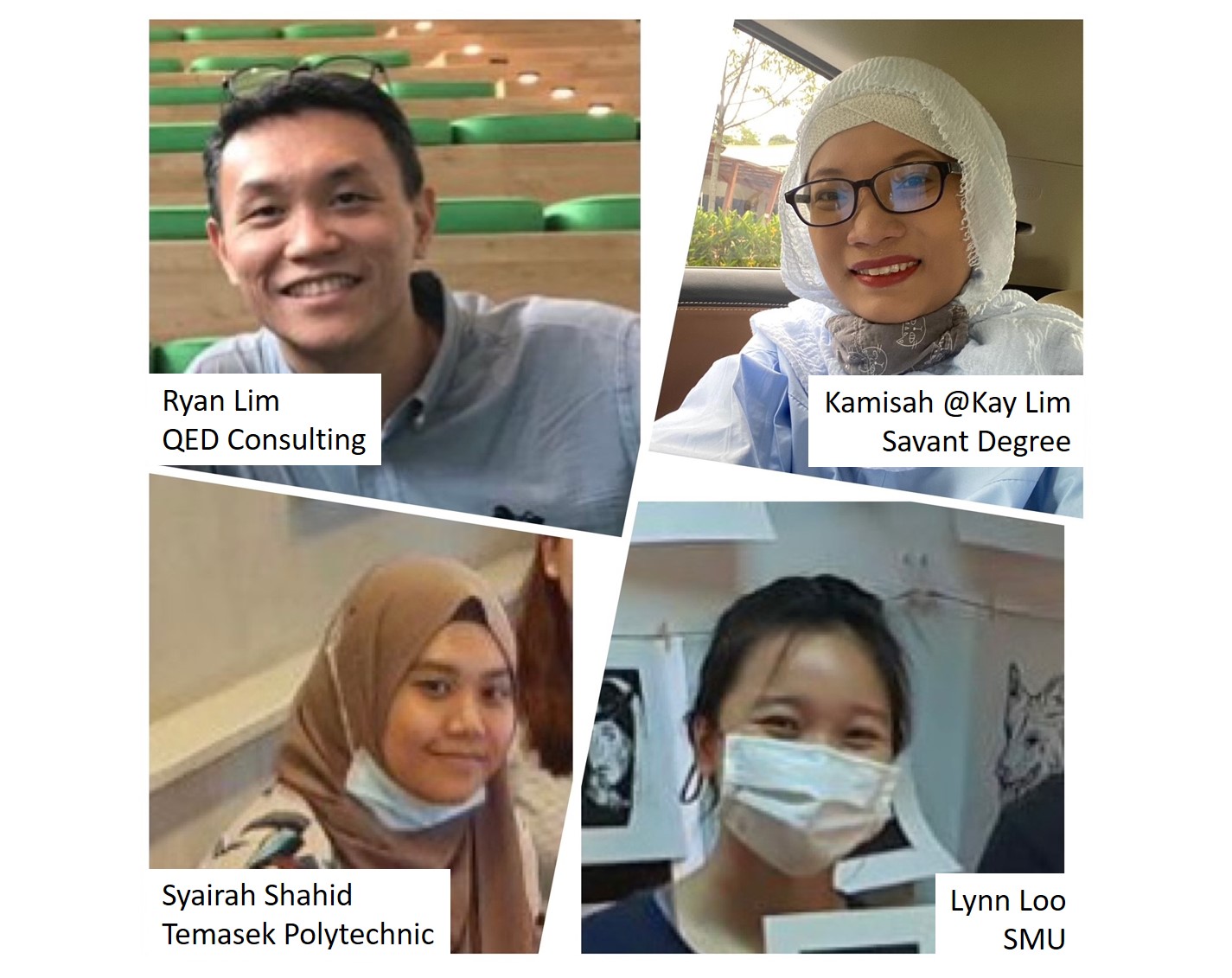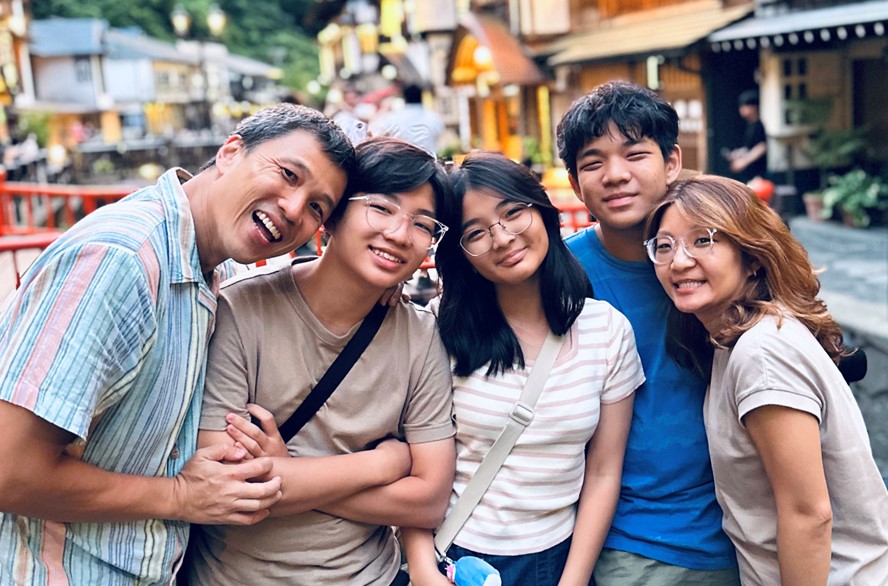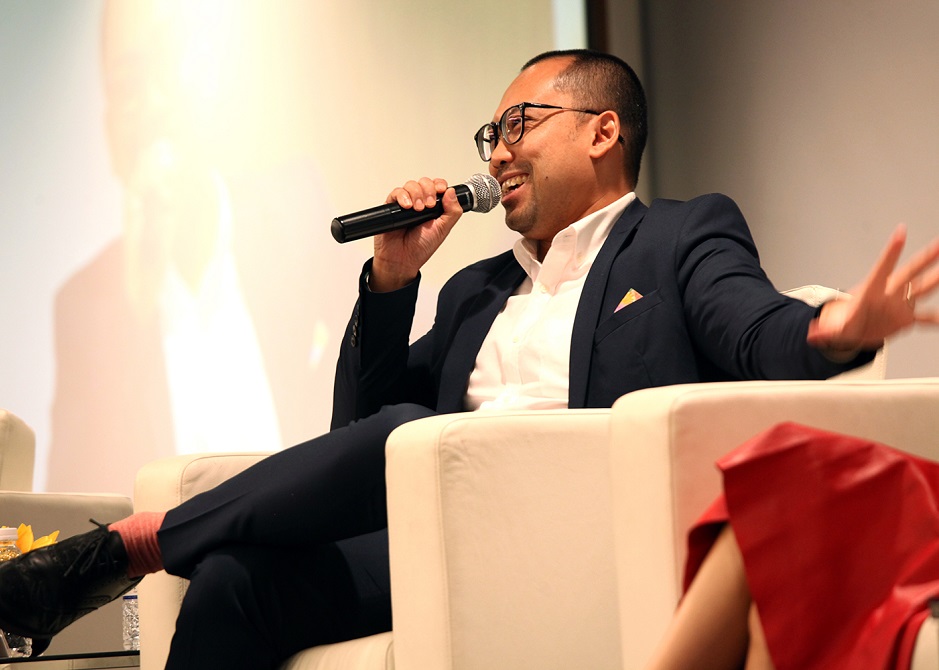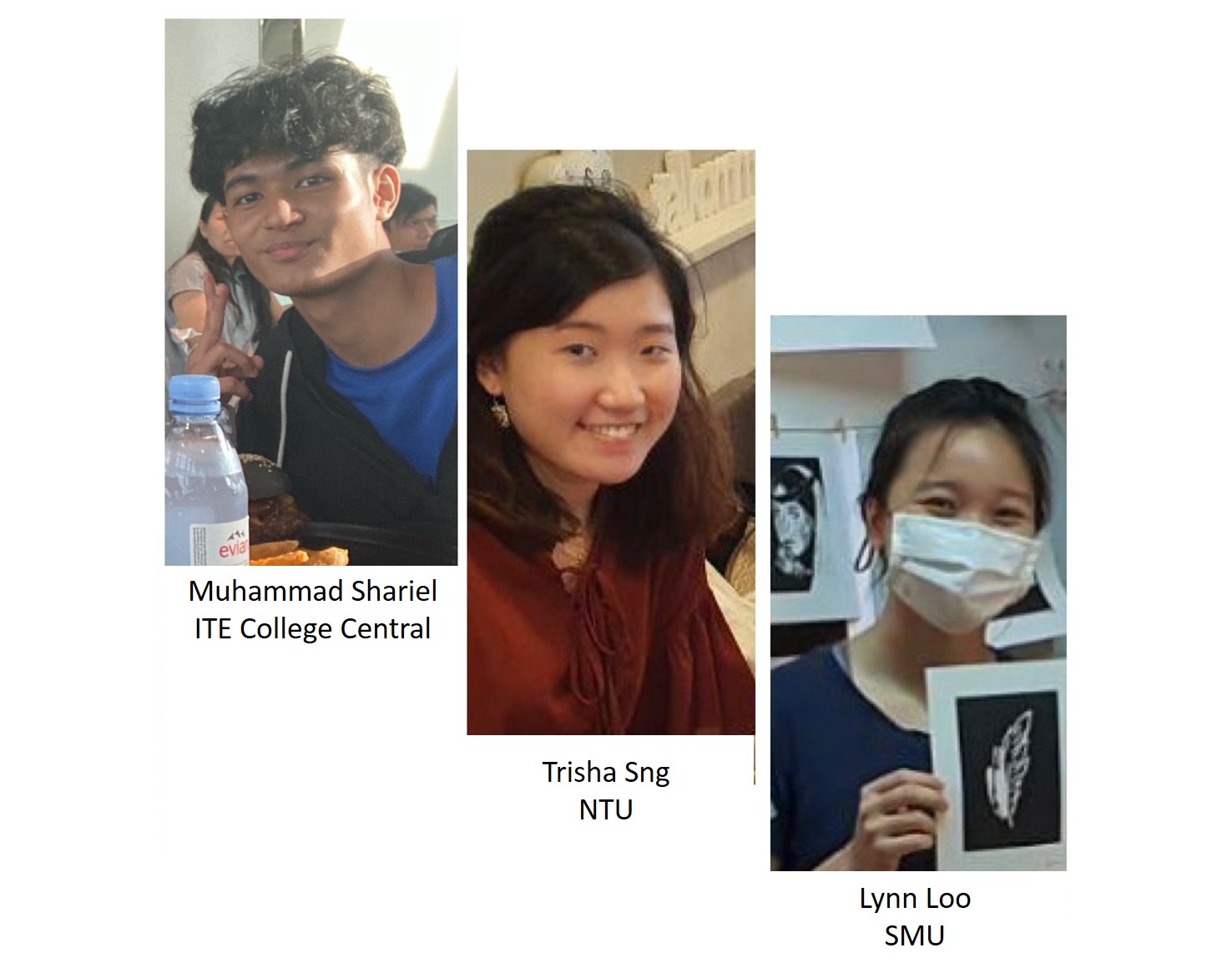Internships may look like a box to tick before graduation or as casual as fashionably ripped jeans, but these short-term work stints can be more than a good entry point to the working world. Sometimes, they can also turn up a good career opportunity or two.
Companies are known to offer full-time employment to a fresh graduate based on their performance as students on attachment, says Mr Ryan Lim, Principal Consultant and Founder Partner of consulting firm QED Consulting. During the internship, companies may gauge how their potential hires would perform as employees, observe their abilities and attitudes towards the work that the companies do, and assess if they are a good culture fit.
This is a win-win situation as companies minimise the risk and cost of onboarding an unsuitable hire, while interns learn more about the industry and company and decide if that is the place for them to join upon graduation, he adds.
For a start, when scanning for internship opportunities, students should look for stints that allow them to explore specific areas of career interest, in companies that they are keen to work for and learn from.
They can research by speaking with their seniors, career counsellors and mentors. Not all big-brand companies offer suitable stints in all areas of work, and some have better internship programmes than others. Students should also proactively apply to companies or at least provide a shortlist rather than wait to be allocated to a company.
Be game for all kinds of work
When on board, show interest in defining your job scope and identifying areas you wish to learn more about, says Mr Lim.
“The best way to maximise any internship is to experience as much as possible. Put your hand up for projects. Have an open attitude towards any task you have been assigned to, even if they seem menial, proactively volunteer for available opportunities and you may get picked for bigger projects,” he said. The hidden benefit? A confidence boosts even before you start work for real.
Syairah Shahid, a Communication & Mass Media Management graduate from Temasek Polytechnic who interned at QED Consulting, said: “I was very grateful to have been trusted with meaningful tasks during my internship experience. My opinions were not only valued but sought for very often despite only having been in the company for a short few week. Of course, admin tasks do have to be assigned to us from time to time just like anywhere else, but this did not form a bulk of the overall experience.”
For students, an internship is when theoretical becomes practical and will require more than just technical abilities. Working world issues are often solved by teams and not individuals. Hence critical soft skills such as attitude, teamwork, work ethics, time management, decision making, and conflict resolution will rise to prominence and be valued more. Such skills are often developed best in a sampling of the working environment during internships.
Ms Kamisah A Rahim @Kay Lim, HR & Operation Manager of Savant Degree, an IT consultancy, said that interns in her organisation are usually given opportunities to collaborate with full-time employees on various projects, even high-stake ones, and given deadlines to meet — all of which will prepare them for a future full-time position. Here is another unseen benefit: Students can beef up their portfolio of budding work experience with the projects they have worked on.
Some of the learning may also be intrinsic. For Lynn Loo, who was an intern at Wisma Geylang Serai, just soaking in the work environment and observing her colleagues keenly taught her a lot about workplace communication. “A lot of it was learned through observation,” said the Social Science student at Singapore Management University.
“My supervisor, Mr Erwin (Head of MarComm), often played devil’s advocate and he did in a manner that always delivers the punch but remains within the realm of constructive criticism. He seems to have fun doing it too. I think just observing how he structures his thoughts and how he adjusts his expression, tone, and words according to the audience provided data points for me to process and hopefully emulate in future.”
Ultimately, internships can prepare a student for the workforce, build towards a good CV, and get a foot in the door of a suitable first job. Says Mr Lim: “You can maximise your experience during internships and build a professional reputation for yourselves that will work in your favour in the future.”






